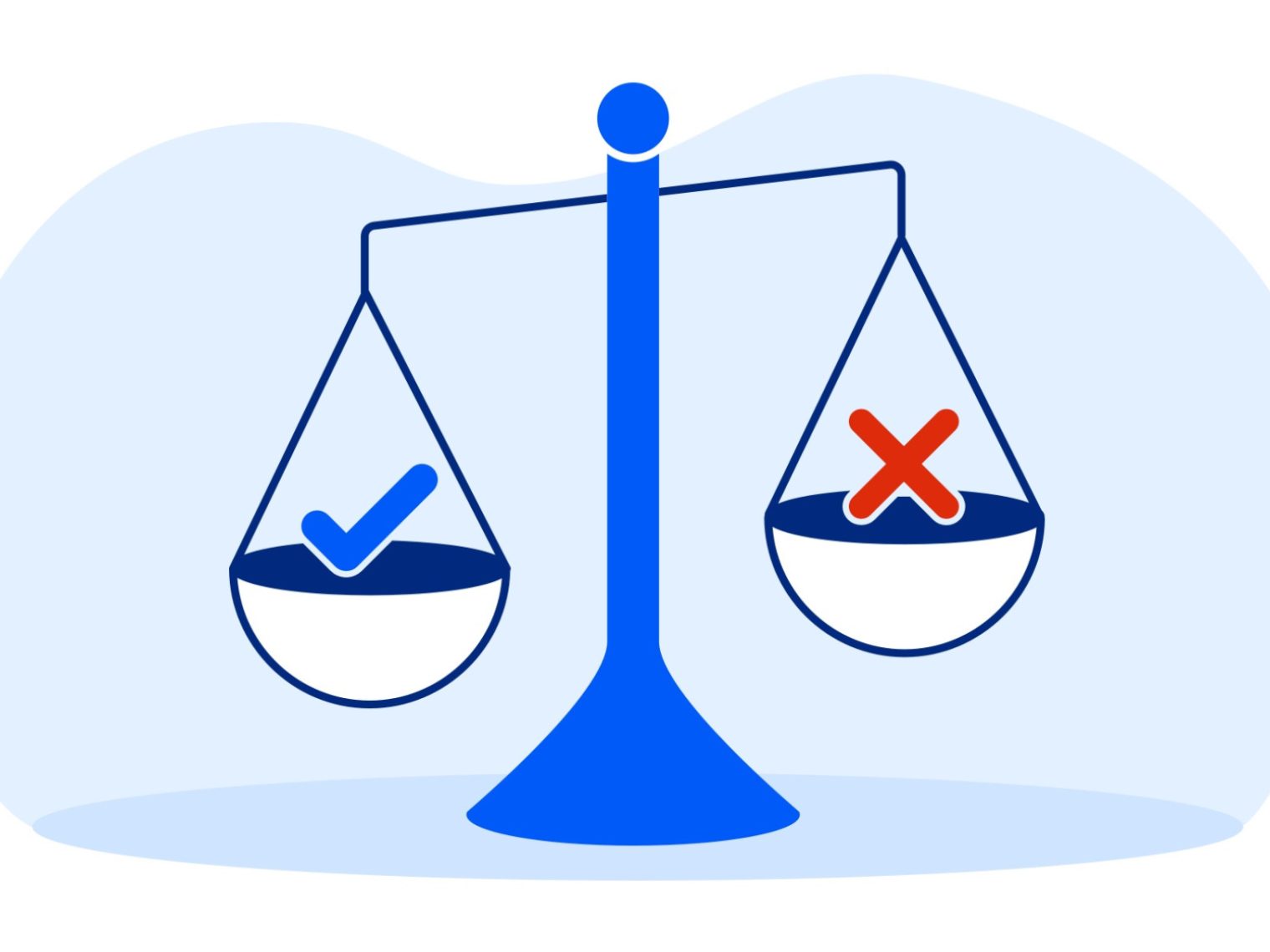Missing payments and owing taxes are serious business. If you don't repay the tax debt or establish a payment plan, the Internal Revenue Service (IRS) can take action against you with a federal tax lien. The IRS can put a lien on your residential or business property and your assets, allowing them to take your property to recuperate their losses.
It's not impossible to get a new VA loan with an existing lien, but it will take extra effort and planning.
Can you get a VA home loan if you owe back taxes?
Yes, you can get a VA home loan if you owe back taxes. Owing back taxes in the form of an IRS payment plan or a tax lien aren't immediate deal breakers for securing a VA loan, but they can severely affect your chances for approval in the eyes of a VA loan lender.
Both hamper important financial indicators like your credit score and debt-to-income (DTI) ratio, and the financial responsibility of a lien can stick with you even after a bankruptcy.
VA Loan Guidelines for IRS Payment Plans and Tax Liens
Individual lenders view tax liens differently. With Veteran United, it's ideal to pay off the lien in full before things really get moving. If it isn’t possible for a borrower to fully pay off their lien before trying to secure a new home loan, there’s still hope.
VA loan applicants with federal tax liens must do the following:
- You need to have an IRS payment plan set up and have made all on-time payments for at least the last 12 months
- The payment amount must be included in your overall debt-to-income ratio (DTI ratio), which could impact how much you could borrow or your overall ability to qualify for a VA loan
- Tax liens where the balance exceeds 10% of your loan amount require special approval. For example, if you were applying for a $200K loan but had a $30K tax lien (15%), you would need special consideration
- When you apply for a VA loan, you need to indicate that you are delinquent on an outstanding federal debt
Keep in mind that tax liens against the non-purchasing spouse in a community property state must be considered as if they were a borrower on the loan.
Given all that, there's still no guarantee. Having a federal tax lien will likely trigger what's known as a "manual underwrite," which is a more involved process that can't be expedited through a lender's Automated Underwriting System (AUS). The bottom line is these files require a close look and often come with tighter credit, income and debt requirements.
How to Find Out if There is a Tax Lien on Your Home
Unfortunately, you won't always be directly notified if you have received a tax lien. However, if you think you're at risk, investigating the matter for yourself is a fairly straightforward process.
In most states, you can inquire about property liens through the county recorder, clerk, or assessor's online platform. The lien search itself is typically free of charge, although there may be a small county-specific fee for obtaining a copy of the report.
VA Loan Applicants Can Owe Back Taxes
While tax debt, IRS payment plans and liens can make the road a lot tougher and decrease the overall loan amount you can get, it is still possible to get a VA loan if you act proactively to address these issues.
You may want to hold off on applying if you don't have a track record of on-time payments over the last year. Consider paying off the lien in full if it's financially feasible, as that will likely clear up the issue. The IRS releases taxpayers from the lien within 30 days of payment.
If you have questions about your tax debt situation and its effect on your VA loan eligibility, talk with a Veterans United VA Loan Expert at 855-870-8845. Additionally, if your credit score has taken a hit due to tax debt, Veterans United offers Veterans expert credit consulting at no cost.
Related Posts
-
 VA Renovation Loans for Home ImprovementVA rehab and renovation loans are the VA's answer to an aging housing market in the United States. Here we dive into this unique loan type and the potential downsides accompanying them.
VA Renovation Loans for Home ImprovementVA rehab and renovation loans are the VA's answer to an aging housing market in the United States. Here we dive into this unique loan type and the potential downsides accompanying them. -
 Pros and Cons of VA LoansAs with any mortgage option, VA loans have pros and cons that you should be aware of before making a final decision. So let's take a closer look.
Pros and Cons of VA LoansAs with any mortgage option, VA loans have pros and cons that you should be aware of before making a final decision. So let's take a closer look.

